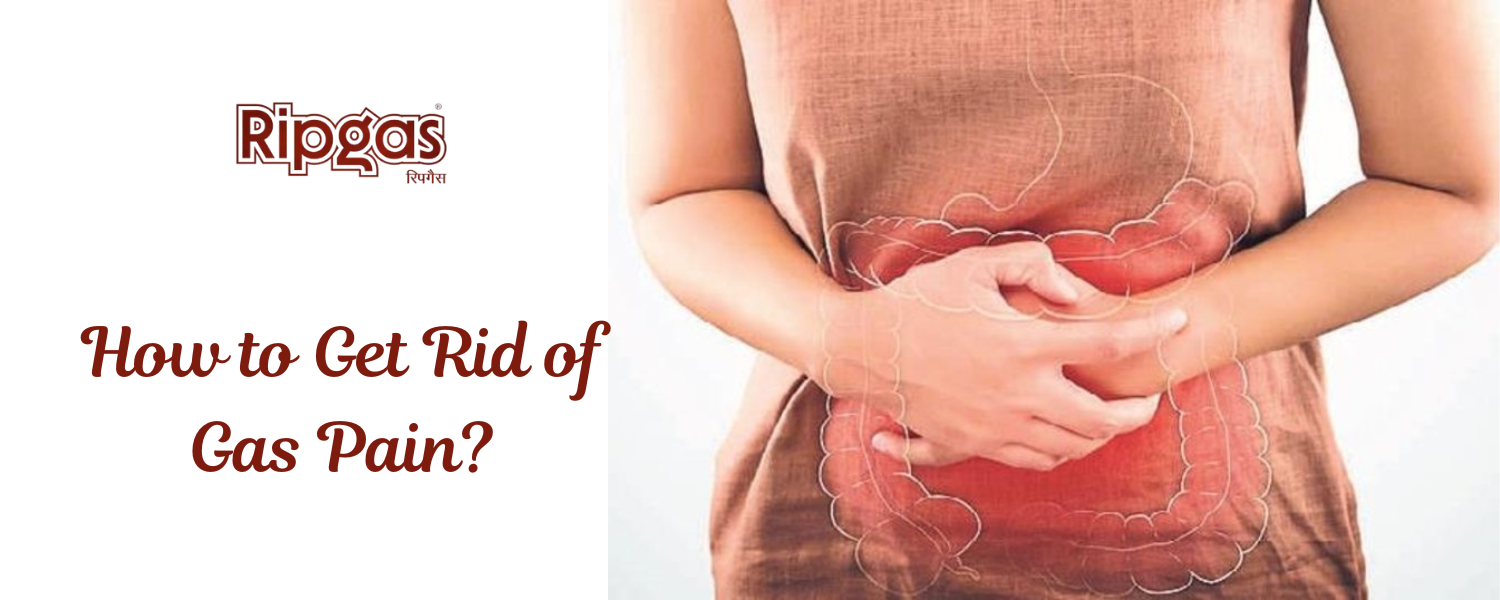Gas pain is a common digestive issue that causes discomfort, cramping, and bloating. It occurs when excessive gas builds up in the stomach or intestines. This can result from eating too fast, consuming gas-producing foods, or digestive issues like constipation or indigestion. While gas is a normal part of digestion, trapped gas can lead to discomfort and sharp pains. Simple lifestyle changes, home remedies, and dietary adjustments can relieve gas pain effectively. Drinking warm fluids, engaging in physical activity, and practicing relaxation techniques can help reduce bloating and improve digestion. Avoiding carbonated drinks, processed foods, and excessive dairy can prevent gas buildup.
Drink Warm Fluids
Drinking warm water, ginger tea, or herbal tea can help break down food and promote digestion. Warm fluids relax the digestive muscles, making it easier for gas to pass through the intestines. Herbal teas like peppermint, chamomile, and fennel are especially effective in reducing gas pain and bloating. Ginger is known for its anti-inflammatory properties and helps soothe an upset stomach. Sipping on warm water with lemon can also aid digestion and relieve trapped gas. Make sure to avoid cold beverages, especially carbonated drinks, as they introduce excess air into the stomach. Drinking warm fluids regularly can support digestion and prevent gas buildup.
Try Over-the-Counter Remedies
Over-the-counter medications can help break up gas bubbles in the stomach and provide quick relief from gas pain. They work by making it easier for gas to pass through the digestive system, reducing bloating and discomfort. Activated charcoal supplements are known to absorb excess gas and toxins in the stomach, offering relief from bloating. Digestive enzyme supplements can also help people with food intolerances by improving digestion and preventing excessive gas formation. While these remedies provide quick relief, they should not be relied on for long-term use. If gas pain persists, it is essential to address dietary habits and consult a doctor for proper diagnosis.
Engage in Physical Activity
Activities such as walking, stretching, or yoga promote digestion and allow gas to pass through the intestines easily. Movement helps release trapped gas and reduces bloating. Simple exercises like seated twists, lying on the back, or knee-to-chest stretches help move the legs in a cycling motion, which encourages gas to move. Avoid lying down immediately after eating, as this can slow digestion and increase gas buildup. Instead, take a short walk after meals to prevent discomfort. Light movement improves gut motility, helping food and gas move through the digestive tract smoothly. Including regular physical activity in your routine can prevent gas-related issues.
Avoid Gas-Producing Foods
Certain foods are more likely to produce gas buildup in the digestive system. Foods such as lentils, cabbage, broccoli, and beans can increase gas production. Carbonated drinks, processed foods, and artificial sweeteners can also lead to excessive gas formation. If you’re prone to gas pain, try keeping a food diary to identify which foods trigger discomfort. Reducing the intake of gas-producing foods while choosing easier-to-digest fiber options like fruits, vegetables, and whole grains can improve digestion. Drinking plenty of water and eating small meals can also prevent gas buildup.
Gas pain can be uncomfortable, but simple lifestyle changes can help manage and prevent it. Drink warm fluids, engage in physical activity, and use over-the-counter medication when necessary. When you take care of your digestive system, you will feel lighter and healthier.

